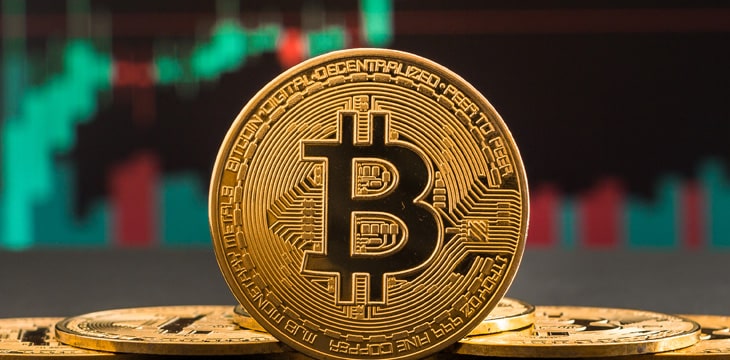|
Getting your Trinity Audio player ready...
|
The head of the Bank for International Settlements (BIS) believes that Bitcoin could end up collapsing altogether. Agustín Carstens, the BIS general manager, criticized the use of Bitcoin as a currency as “it has no value backing.” He believes that a central bank digital currency is the future for digital payments.
Carstens was speaking at a policy seminar at the Hoover Institute where he delved into the future of the monetary system. While he acknowledged that the future will be defined by digital payment systems, he cast doubt on whether Bitcoin is suited for this role. He sees Bitcoin as “more of a speculative asset than money.”
He doubled down on his criticism of Bitcoin, describing it as “Tesla without the cars—observers are fascinated by it, but the actual value backing is lacking.”
He added, “Perhaps the Bitcoin network should be seen more like a community of online gamers, who exchange real money for items that only exist in cyber space. Bitcoin poses as its own unit of account, but fluctuations in value mean it is unrealistic to set prices in bitcoin. This also undermines its usefulness as a means of exchange, and makes it a poor store of value.”
Above all, investors must be aware that Bitcoin “may well break down altogether,” he added.
Carstens, who formerly served as the governor for the Bank of Mexico, further dug into Bitcoin’s “energy intensive protocol” in which miners sustain the system’s security.
“A sad side effect is that the system uses more electricity than all of Switzerland. In the future, as Bitcoin approaches its maximum supply of 21 million coins, the “seigniorage” to miners will decline. As a result, wait times will increase.”
For the Bitcoin SV community, the decline in block rewards has been mitigated with the increase in block sizes and consequently, the rise in number of transactions per block. While the airdrops still rely on the block reward, the BSV community has turned to transaction processing, ensuring a steady income despite the programmed drop in block rewards every four years.
For Carstens, the best solution to Bitcoin’s ‘shortcomings’ is a central bank digital currency. The BIS recently conducted a survey in which it found that 86% of central banks are doing some form of research or implementation of a CBDC.
He concluded, “Despite all the limitations with Bitcoin and other permissionless cryptocurrencies, greater economic promise lies with the “permissioned” variant of DLT.”
To learn more about central bank digital currencies and some of the design decisions that need to be considered when creating and launching it, read nChain’s CBDC playbook.
See also: CoinGeek Live panel, The Future of Banking, Financial Products & Blockchain

 02-19-2026
02-19-2026 




